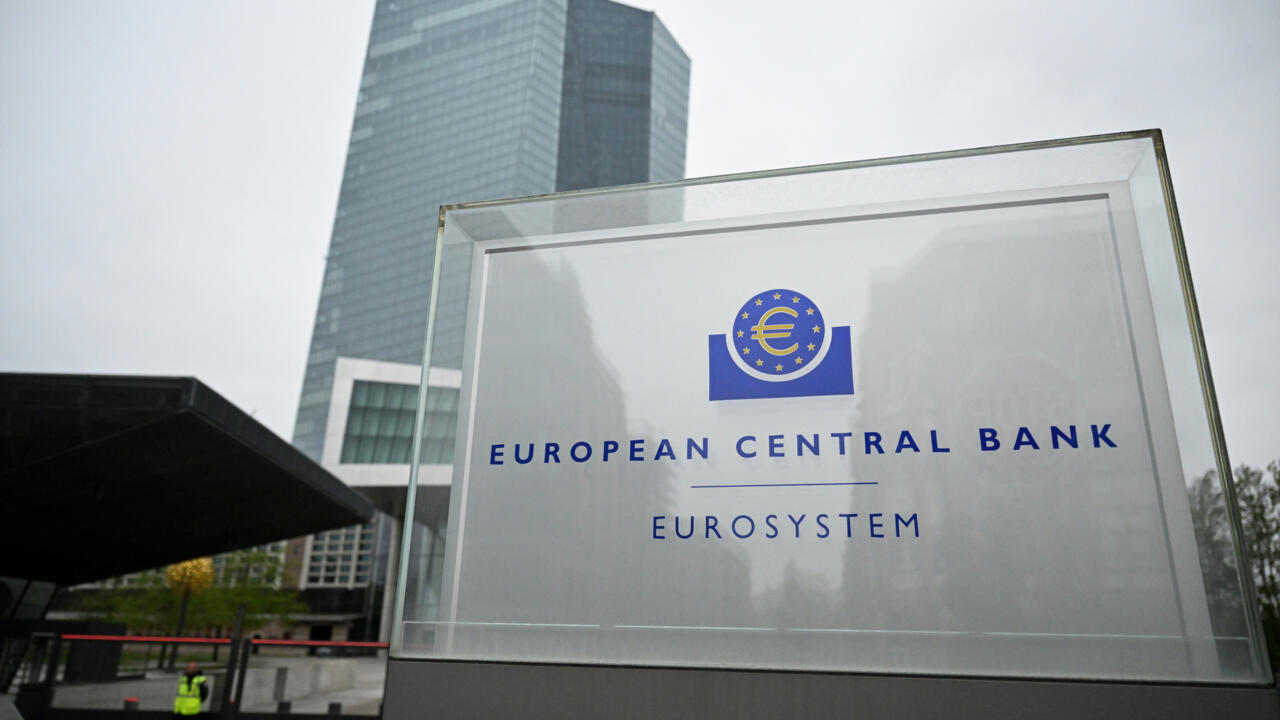ECB Prepares for Seventh Rate Cut Amid Ongoing Donald Trump Trade War

The European Central Bank (ECB) is poised to announce its seventh consecutive interest rate cut this week, as the eurozone grapples with sluggish inflation and the uncertainties stemming from U.S. trade policies under President Donald Trump. The ECB has been reducing borrowing costs in response to declining inflation rates, but concerns about economic performance in the 20 euro-using nations have taken precedence. As the impact of Trump’s tariffs looms, financial experts predict a quarter-point decrease in rates, which would bring the primary deposit rate down to two percent.
Economic Context and ECB’s Response
The eurozone economy is currently facing significant challenges, primarily due to slowing inflation and the repercussions of U.S. trade policies. The ECB has been actively lowering interest rates to stimulate economic growth, responding to a notable decline in inflation rates. Recent developments in the global trade landscape, particularly those influenced by President Trump’s tariff policies, have intensified scrutiny on the eurozone’s economic stability. The ECB’s focus has shifted from inflation concerns to the broader economic performance of the euro area, which includes 20 member nations. Elevated interest rates have begun to impact both businesses and consumers, prompting the ECB to consider further rate cuts as a means of bolstering economic activity.
Predictions for Upcoming Rate Cuts
Financial analysts, including those at HSBC, anticipate that the ECB will announce a rate reduction during its governing council meeting on Thursday. The expected quarter-point cut would adjust the primary deposit rate to two percent, reflecting the eurozone’s deteriorating short-term economic outlook. This potential reduction is seen as a necessary step to counteract the adverse effects of recent U.S. tariff announcements. However, experts suggest that this June reduction may mark the end of the current series of cuts, with the ECB likely to pause in July to assess the evolving economic landscape. The ECB’s approach stands in contrast to that of the U.S. Federal Reserve, which has maintained steady rates amid concerns that tariffs could lead to increased inflation.
Trade Tensions and Their Impact
The ongoing trade tensions between the U.S. and the European Union have added another layer of complexity to the eurozone’s economic situation. The EU is currently facing multiple tariff levels imposed by the Trump administration, including a baseline rate of 10 percent and higher duties on vehicles, steel, and aluminum. Although Trump has temporarily suspended higher tariffs during negotiations, he has recently threatened to impose a 50-percent tariff on the EU, with a decision postponed until July 9. These developments have raised concerns about the potential negative impact on European exporters, particularly given the EU’s substantial trade surplus with the United States. ECB President Christine Lagarde has voiced her concerns about the fracturing of the U.S.-led global economic structure, emphasizing the challenges the ECB faces in navigating these unpredictable trade policies.
Inflation Trends and Future Projections
As the ECB prepares for its upcoming meeting, recent indicators suggest a faster-than-expected reduction in price pressures within the eurozone. Eurozone inflation reached 2.2 percent in April, slightly above the ECB’s target of two percent. The ECB is expected to revise its inflation forecasts downward in light of the current economic climate. Analysts believe that Trump’s tariffs will further decrease inflation in the eurozone, especially as China may redirect low-cost products to Europe to avoid U.S. duties. The ECB is also likely to lower its growth projections due to the ongoing effects of the trade war. As markets await Lagarde’s insights on future ECB actions, analysts caution that current uncertainties may limit detailed revelations about the bank’s strategy moving forward.
Observer Voice is the one stop site for National, International news, Sports, Editor’s Choice, Art/culture contents, Quotes and much more. We also cover historical contents. Historical contents includes World History, Indian History, and what happened today. The website also covers Entertainment across the India and World.
Follow Us on Twitter, Instagram, Facebook, & LinkedIn

